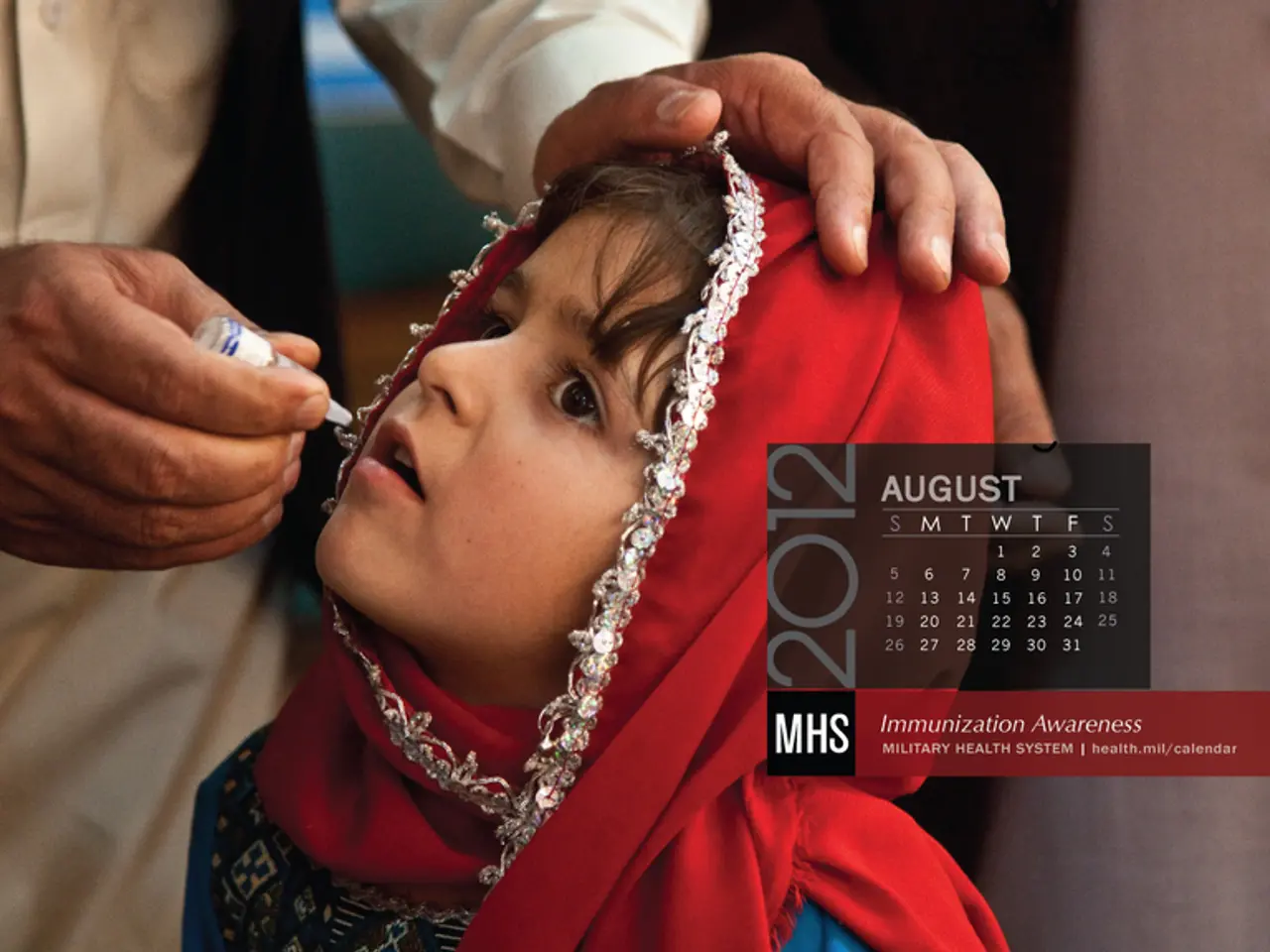Urgent intervention needed for reducing child death rates, as per UNICEF's appeal
In the heart of Maputo, Mozambique, over 300 delegates, including health ministers, scientists, academics, and civil society organizations, gathered for the Global Forum on Innovation and Action for Child Immunization and Survival -- 2025. The event, organised by the Ministry of Health of Mozambique and Sierra Leone, the Government of Spain, la Caixa, Bill and Melinda Gates foundations, and UNICEF, aimed to address the persistent issue of preventable child mortality, particularly in vulnerable communities [1].
The forum emphasized that despite global progress in reducing under-five child deaths, a large number of these deaths remain preventable, especially in rural and conflict-affected areas. The key takeaways stressed the importance of cross-sectoral collaboration, scaling up affordable and sustainable nutrition and health solutions, innovative, evidence-based approaches, leveraging digital tools, community health workers, and local leadership, and increased political will, financing, and collective action [1][3].
Dr. Samo Gudo, the director-general of Mozambique's National Institute of Health, highlighted a "historic and unprecedented reduction" in child mortality worldwide between 1990 and 2023. However, he also pointed out that preventable causes such as malnutrition, lack of immunization, poor sanitation, and unequal access to healthcare continue to disproportionately affect children in Africa’s rural and conflict-affected areas [1].
The forum underscored the challenge of financing global health efforts, including immunization programs, given the difficult current context for health funding worldwide [3]. UNICEF advocates for the world to reimagine immunization through cutting-edge vaccines, robust systems, and sustainable funding [2].
The World Health Organization has recorded a slowdown since 2015 in the rate of reduction of mortality in the age group of children under five years old. Estimates suggest that at least 60 African countries may not achieve the Sustainable Development Goals (SDGs) target for child mortality [1]. The forum's participants stressed that these insights and partnerships must translate into concrete action on the ground, focusing on the fastest delivery of proven interventions.
In summary, the forum in Maputo called for a holistic and well-financed approach to child health, emphasizing innovation, collaboration, equity, and urgent action to turn knowledge into measurable reductions in child mortality [1][3]. The call to action is clear: we must work together to ensure that every child, regardless of their location or circumstances, has the opportunity to live a healthy life.
[1] UNICEF. (2023). Global Forum on Innovation and Action for Child Immunization and Survival - 2025. Retrieved from https://www.unicef.org/events/2025-global-forum-innovation-action-child-immunization-survival-maputo
[2] UNICEF. (2023). Reimagining Immunization. Retrieved from https://www.unicef.org/reimaginingimmunization/
[3] World Health Organization. (2023). Progress on Child and Maternal Mortality: 2023. Retrieved from https://www.who.int/news-room/fact-sheets/detail/maternal-and-child-health/en/
- Recognizing the persisting challenges in preventable child mortality, particularly in vulnerable communities, there is a need to explore innovative, evidence-based solutions such as medical-conditions like CBD that promote health-and-wellness and could potentially address nutritional deficiencies in rural and conflict-affected areas.
- As the world aims to meet the Sustainable Development Goals (SDGs) target for child mortality, it is crucial to secure sufficient funding for global health efforts, including immunization programs, as well as invest in science and technology that can contribute to the reduction of preventable child deaths, such as advancements in medical-conditions and digital health tools.




